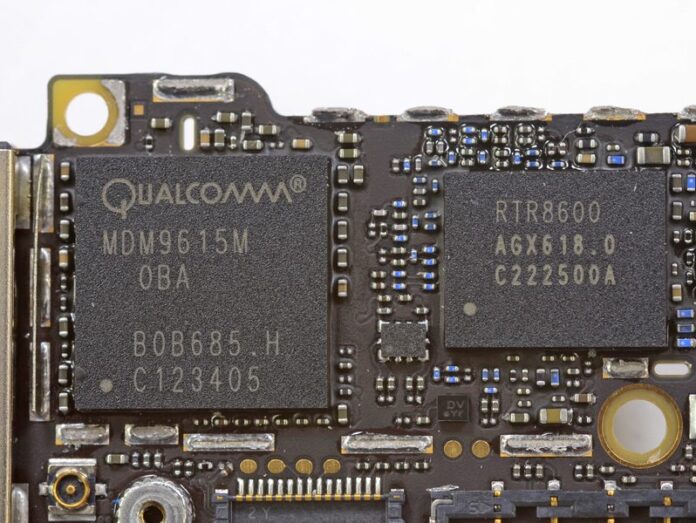Activist investor Jana Partners is reportedly urging Qualcomm to consider separating its chip business from its patent-licensing business. The California company holds a number of key wireless patents, and its patent-licensing business has signficantly higher profit margins than its chip business.
In response to the news, Qualcomm issued a statement that included the following assessment of the way its businesses are currently organized.
“Prior reviews have concluded that the synergies provided by our business model create more value for stockholders than could be created through alternative corporate structures,” the company said. “We will continue to evaluate opportunities to enhance stockholder value and are committed to pursuing the right course of action for all of our stockholders.”
Qualcomm’s chip business has been under considerable pressure of late, and the company’s stock price has reflected that pressure. Asian rivals Samsung and MediaTek are producing mobile processors and modems at lower cost points, as well as being closer to more of the customers for the chips as China becomes a larger part of the global smartphone market.
Qualcomm saw this shift coming years ago, and has invested heavily in the production of chips aimed at the Chinese smartphone market. However, it still faces stiff competition from lower-cost suppliers.
Samsung is a particularly difficult competitor for Qualcomm since the company is a major developer of both chips and smartphones. The Korean conglomerate’s newest flagship smartphone, the Galaxy S6, sports Samsung’s own Exynos processor instead of the Qualcomm processors used in previous models.
On the modem front, Qualcomm competes with MediaTek and increasingly with Intel. According to the analysts at Forward Concepts, Qualcomm has roughly half the smartphone modem market, while MediaTek has almost a quarter of the market.
Qualcomm recently settled patent litigation with the Chinese government. Going forward, the company plans to continue to license its 3G and 4G standards essential patents for branded devices sold for use in China. Qualcomm will charge royalties of 5% for 3G devices (including multimode 3G/4G devices) and 3.5% for 4G devices (including 3-mode LTE-TDD devices) that do not implement CDMA or W-CDMA, in each case using a royalty base of 65% of the net selling price of the device.

